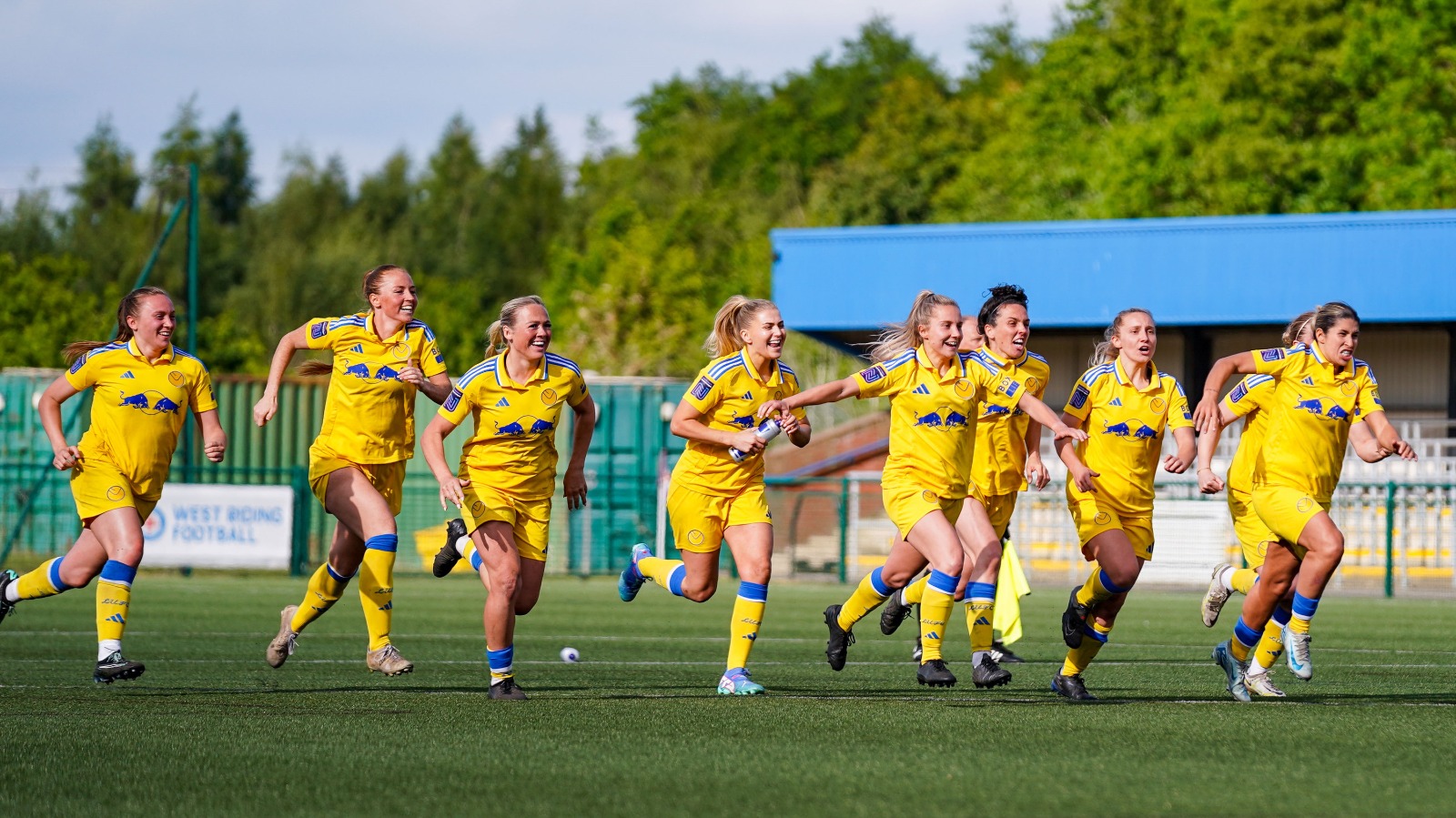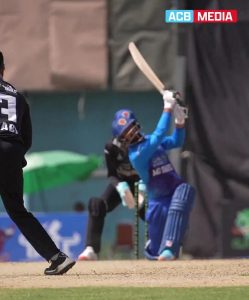By Trisha Ghosal in Leeds
Covering cricket across continents often leads to unexpected discoveries, and my assignment in Leeds was no exception. While stationed here to follow the Indian men’s, women’s, and mixed disability teams, I found myself drawn to the legendary Elland Road—the iconic home of Leeds United Football Club. What began as a casual stroll around the hallowed ground turned into an emotional journey into the heart of a story that demanded to be told.
Bremner Square, just outside Elland Road, was everything I had imagined. The statues of club legends, particularly the commanding presence of Don Revie, stood as silent sentinels of the men’s team’s storied past. The Fed Cup mural added a splash of colour to the walls, celebrating decades of triumphs and glory. Yet, amidst the fanfare, one glaring absence struck me—there was no mention of Leeds United Women’s Football Club. No murals, no plaques, no recognition. Just silence.
That silence stayed with me, urging me to dig deeper. What I uncovered was a tale of resilience, community, and unwavering determination—a story that deserves its place in the spotlight.
Founded in 1989, Leeds United Women F.C. began their journey with little more than a name and a passion for football. While the men’s team enjoyed decades of legacy and packed stadiums, the women carved their path through grit and perseverance. Their achievements were no less significant—winning the Northern Premier League in 2001, reaching the FA Cup finals in 2006 and 2008, and lifting the Premier League Cup in 2010. Yet, these victories were hard-fought, often overshadowed by a constant battle for resources and recognition.
By 2017, the club was on the brink of collapse. Mismanagement and neglect left the women without basic necessities—kits, training grounds, and support. But this was not the end. Instead, it marked the beginning of a grassroots movement. Fans, volunteers, and believers stepped in, driven by love for the game. They funded kits, secured training facilities, and kept the club alive. Their efforts were nothing short of heroic.
Their resilience caught the attention of Andrea Radrizzani, the new owner of Leeds United’s men’s team, who brought the women’s side back under the main club’s umbrella. While this was a significant step forward, the fight for equality and recognition continues. Today, Leeds United Women compete in the FA Women’s National League Division One North, proving that passion and determination can overcome even the toughest odds.
The team’s triumphs speak volumes. In 2023, they won the FA Women’s National League Plate, and in 2025, they claimed the West Riding County Cup. These are not just trophies—they are testaments to survival and resilience. The club has also nurtured stars like Rachel Daly and Gemma Bonner, who began their journeys in a place the world often overlooked.
Leeds United Women F.C. is more than just a football team. They are a symbol of what happens when a community refuses to give up, when the love for the game transcends systemic neglect, and when women carve their own path in a world that often ignores them.
As I left Elland Road, the men’s legacy still towered in bronze and banners. But now, I carry the women’s story with me—a story of grit, glory, and the unyielding spirit of a team that refused to disappear.
Stay updated with the latest sports news and stories—explore the best football betting sites in India for more insights and updates.








